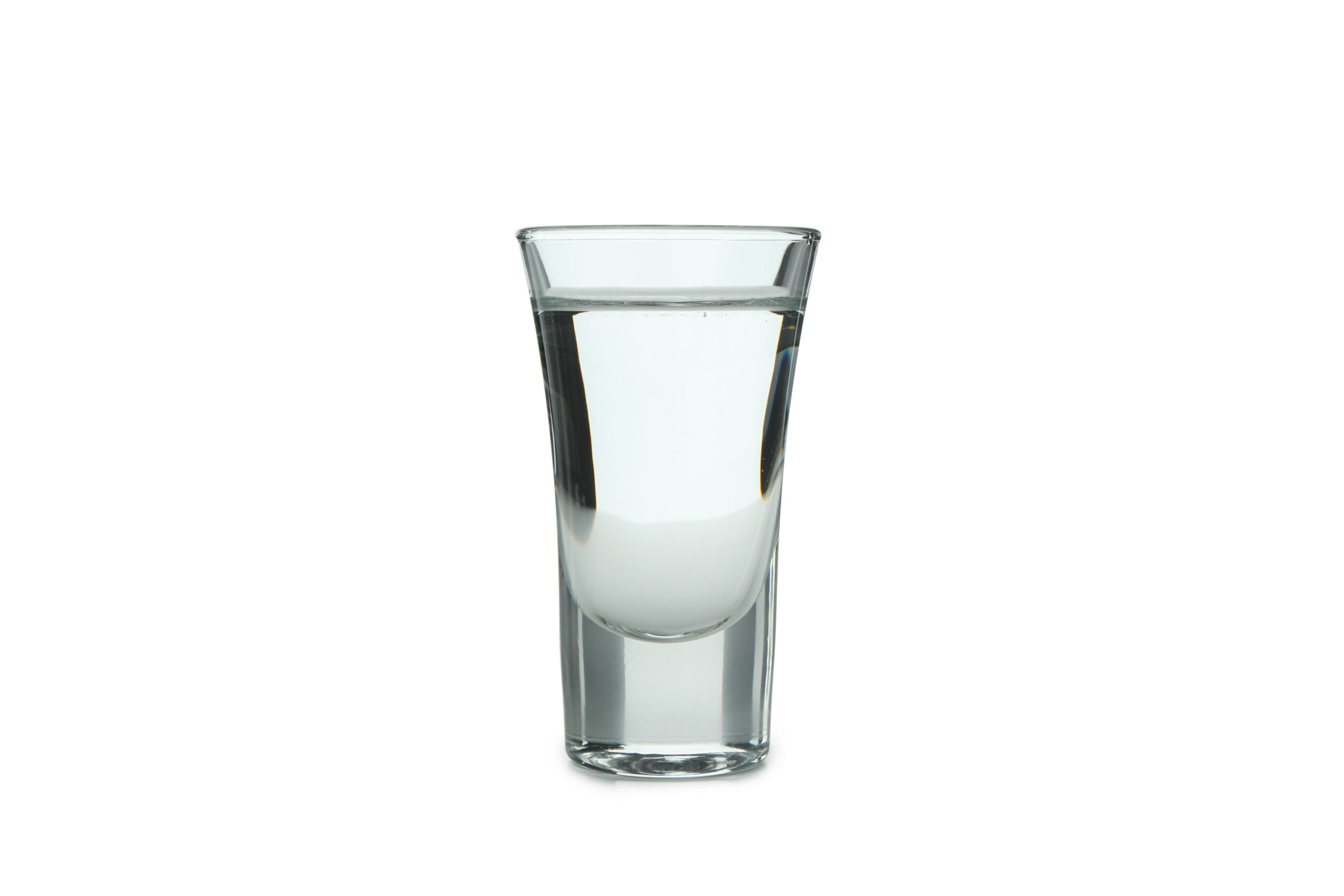

Alcohol is one of the most commonly consumed psychoactive substances in the world. However, in addition to its known effects, it also plays a significant role in the body’s temperature regulation.
Alcohol is broken down in the body by the enzyme alcohol dehydrogenase, and this process generates heat. While it might seem that such a heat effect might help to warm the body, the reality is a little different. “Despite the initial impression that alcohol may contribute to an increase in body temperature, it rather dilates the blood vessels on the surface of the skin, leading to a faster removal of heat from the body. While this phenomenon may lead to a temporary feeling of warming, the body actually loses heat, which can be risky especially in colder environments,” explains MUDr. Nikoleta Vargová, emergency physician at AGEL Košice-Šaca Hospital. As she further points out, alcohol also affects the thermoregulatory centres in the brain, which are responsible for maintaining the optimal body temperature. This effect may have consequences on the body’s ability to respond effectively to changes in ambient temperature. As a result, excessive alcohol consumption can lead to hypothermia as the body may not be able to respond adequately to a drop in temperature.
“The effect of alcohol on the body’s thermoregulation is complex and may depend on a variety of factors, including the amount of alcohol consumed, the external environment and individual characteristics. Despite the temporary warming sensation after consumption, we should be cautious when consuming alcohol. As in all things, the old adage that too much of anything is bad for you applies,” concludes MUDr. Vargová
